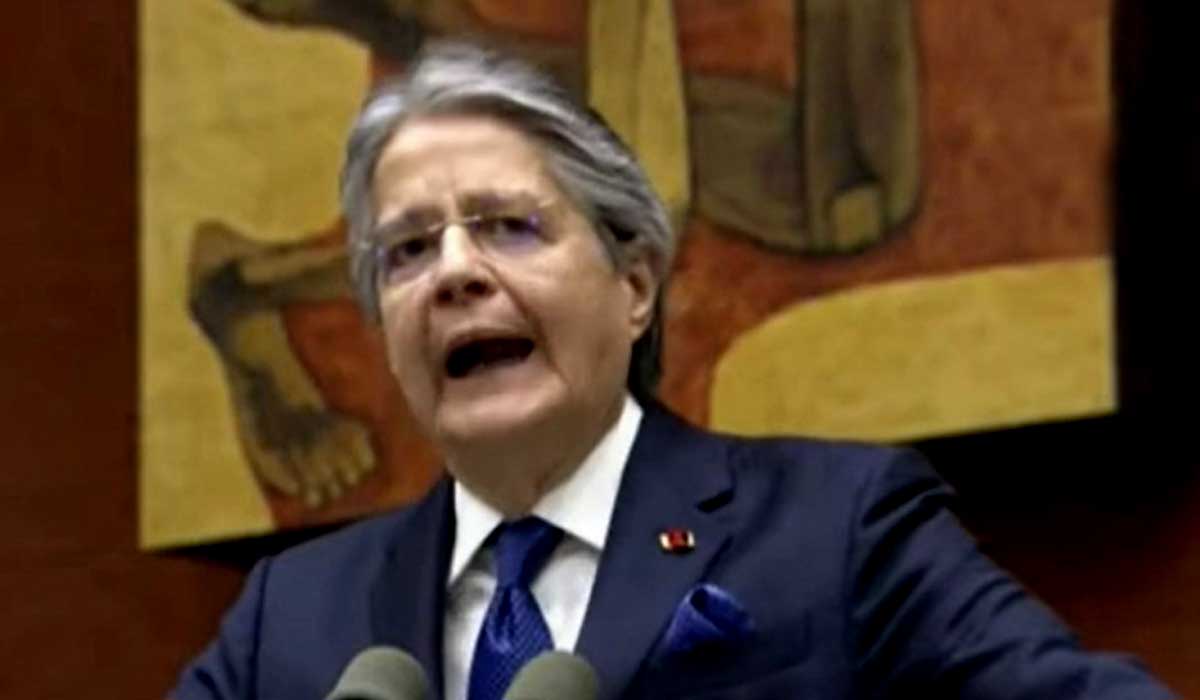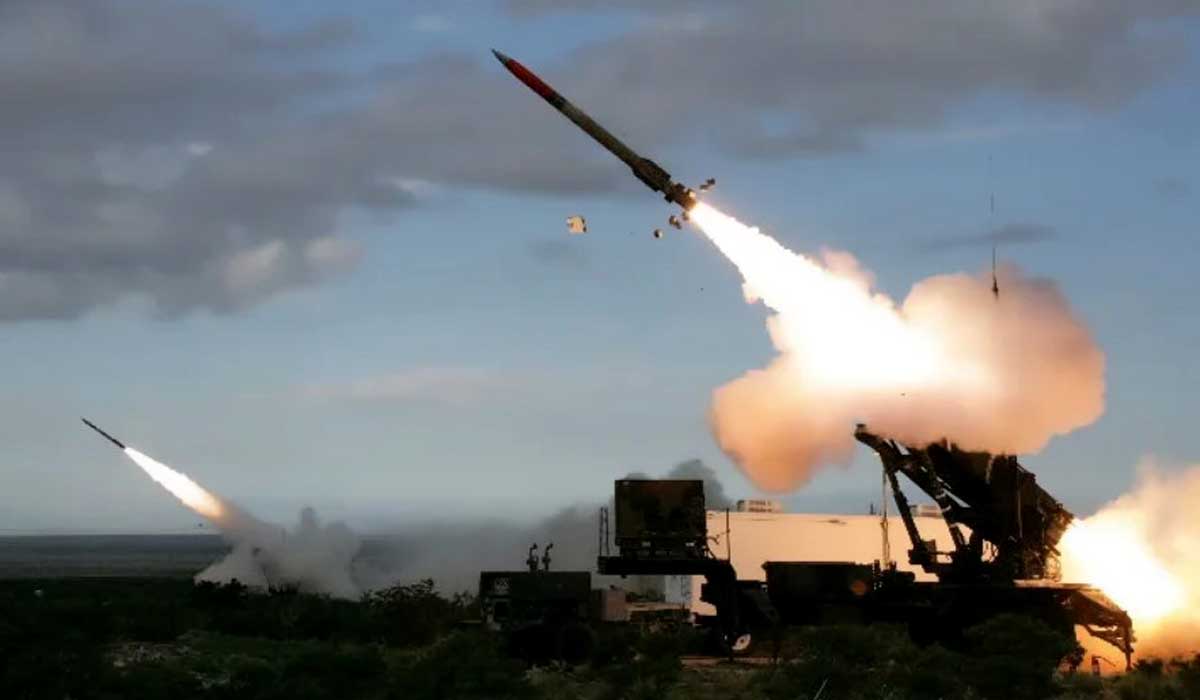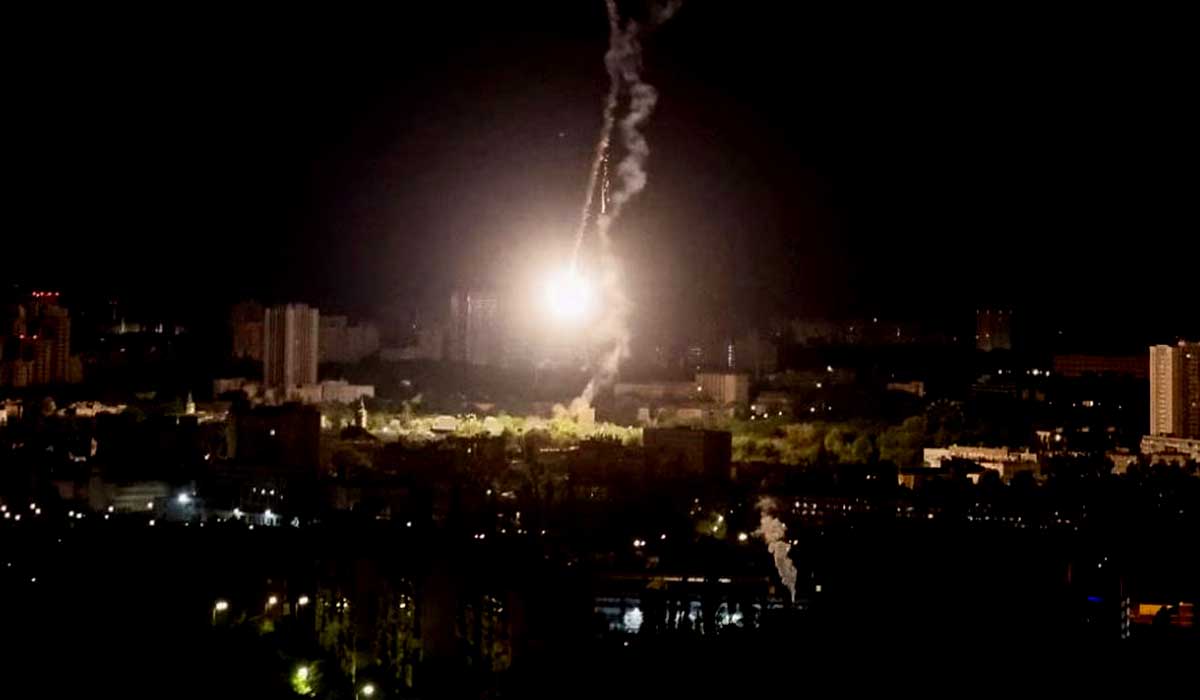
Eid al-Adha, also known as the Festival of Sacrifice, is one of the most significant religious holidays celebrated by Muslims worldwide. This joyous occasion commemorates the willingness of Prophet Ibrahim (Abraham) to sacrifice his son, as an act of obedience to God. Each year, millions of Muslims from diverse cultures and backgrounds come together to observe this sacred festival. With a spirit of unity, gratitude, and charity, Eid al-Adha is a time of celebration, reflection, and giving.
Eid al-Adha is celebrated in numerous countries across the globe, showcasing the diversity and richness of Islamic traditions. From bustling cities to remote villages, the festival brings communities together, fostering a sense of camaraderie and shared values. Muslims from different nationalities and ethnicities, dressed in their finest attire, gather in mosques, prayer grounds, and homes to offer special prayers and participate in various festivities.
The day begins with a special congregational prayer known as the Eid prayer. Muslims gather in large numbers, filling mosques, open spaces, and designated prayer grounds. The atmosphere is filled with devotion as prayers are led by religious leaders, emphasizing unity, forgiveness, and gratitude. The sermon that accompanies the prayer often highlights the significance of Prophet Ibrahim’s obedience and the importance of selflessness and sacrifice in the lives of Muslims.
A notable aspect of Eid al-Adha is the ritual of animal sacrifice, symbolizing Prophet Ibrahim’s willingness to sacrifice his son. Following the prayer, those who can afford it, sacrifice an animal, typically a goat, sheep, cow, or camel, in accordance with religious guidelines. The meat from the sacrificed animal is divided into three parts: one for the family, one for friends and neighbors, and one for the less fortunate. This act of sharing fosters a sense of compassion and solidarity within the community.
Eid al-Adha is also a time of indulgence in delicious meals and sweets. Families and friends gather to share festive feasts, with traditional dishes varying across different regions. Special delicacies and treats are prepared, such as biryani, kebabs, samosas, and an array of delectable desserts. Hospitality is a key aspect of this celebration, with hosts welcoming guests and exchanging greetings, reinforcing the bonds of kinship and friendship.
Eid al-Adha places great emphasis on acts of charity and compassion. Muslims are encouraged to give generously to those in need, especially during this festive time. Donations are made to charitable organizations, and efforts are undertaken to ensure that everyone can partake in the joy of Eid. This includes providing food, clothes, and other necessities to the less fortunate, fostering a spirit of empathy and support within society.
While Eid al-Adha is celebrated in similar ways globally, there are unique cultural traditions that add vibrancy and diversity to the festivities. Decorations, traditional attire, music, and dances vary from region to region, reflecting the local customs and heritage of Muslims worldwide. These cultural expressions contribute to the global tapestry of Eid celebrations, making each experience distinct and memorable.
Eid al-Adha is a time of immense joy, reflection, and gratitude for Muslims worldwide. The celebration of this sacred festival unites communities, transcending geographical boundaries and fostering a sense of togetherness. From the prayers and acts of sacrifice to the feasting and charitable acts, Eid al-Adha exemplifies the values of compassion, selflessness, and generosity. As millions of Muslims come together to celebrate this auspicious occasion,




